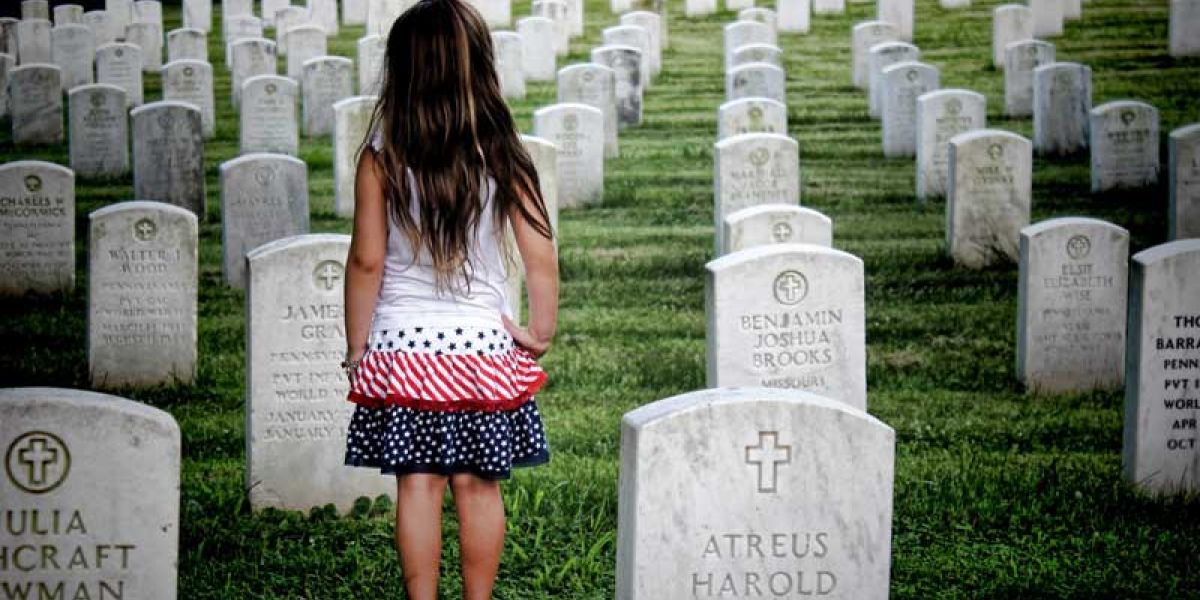How to Support Your Child Through Grief

By Dr Deborah Freiberg-Golvan
Psychologist Deborah Freiberg Golvan in an interview with writer Tanya Southey
About Deborah: Deborah has a PhD in Psychology and a Masters in Child Clinical Psychology. She has worked for over 30 years with families and children, as well as individual adults and couples. Her therapeutic approach is not just about the individual, but the individual in the context of their family and their community.
What is the best way to approach grief in children?
With regards to children and the issue of grief, there’s no one approach that’s going to assist every child in every family. You really need to look at what’s going on, what sort of death it was, who died and what their relationship to the child was like.
However, there is something we can generalize about: the child will respond to the people around them and how they respond to the grief. The first thing I can say is that adults in the family where the grief has occurred need to look after themselves well and get the help they need. This is because children do have a tendency to blame themselves for whatever’s going on. So, if good things are happening, if things are going well, if a parent is smiling at them and seems happy, they feel good. They feel that they’ve been a good child, that they’ve pleased their parent.
If the parent is looking unhappy or angry, they feel that they’ve done something wrong. If a parent is very, very distant or unhappy or terse with them, they may well think they’ve done something wrong. They won’t necessarily understand that the parent is upset because of their grief.
We seem to be protecting children from anything that’s horrible. I’ve heard of parents who, even if the goldfish dies, they rush out overnight and buy another goldfish so that the child doesn’t have to feel sad. What’s your advice around protecting children vs. exposing them to grief?
Again, there’s no one size fits all response to this. Certainly, if children are exposed to what I would call lower level grief, like losing a goldfish, even if they love their goldfish, that helps children build up their resilience and strength to deal with more significant losses and more significant difficulties.
You could say that the child who has dealt with the grief of a pet, is more able to deal with the death of a person that might be close to them. If they deal with the death of a grandparent earlier, which is normally the order you would expect, they would later be better able to deal with the death of a parent.
Living things have a lifespan. They’re born, they develop, and eventually they do die. All living things die. I think the book, Lifetimes by Bryan Mellonie can be helpful in understanding and coping with grief and death. It starts off with plants. Working in the garden and growing veggies, children see that plants have a life cycle, they develop from a seed or from a little seedling, that grows. It develops and then it actually dies. That’s easier to comprehend and easier to cope with than the goldfish dying, for example.
I must have a child in me. I always think I’ve killed the seedling when it dies.
This is the problem that I mentioned earlier. Children, especially children under school age, but even primary school age children and teenagers, think the world revolves around them. At times, it can appear as if they are selfish. What it means is, when something bad happens, they think they’ve caused that bad thing. However, you don’t necessarily tell a child, if they haven’t said anything about it, ‘You didn’t cause the death, don’t worry darling,’. But rather what you can do is:
• Talk about what happened to the person, the real reasons for the death
• Look at photographs of or objects related to that person and talk about the child’s and your memories of them.
Young children are tactile and think concretely. It’s very helpful to show photographs, to refer to real situations.
How can we broach something with a young child, where maybe with an adult, you might just say, ‘How are you feeling?’ whereas with a child you’re not going to be able to say that.
With a child you CAN say, ‘How are you feeling? What do you think about what’s just happened?’ You shouldn’t force them to talk about it. It can be helpful to involve them in certain rituals. Different communities and religious groups do have rituals and ways of dealing with grief, and if you do belong to a community, it can be helpful to involve yourself and your family in how your community deals with grief.
Often there will be a place for children. You may want to exclude children from certain rituals. Maybe you don’t like the idea that children should view bodies and that sort of thing. But a particular child might be very close to the person who has died and wants to see the body. I think with a young child, if they really want to, it’s helpful to provide that opportunity in a way that is as safe as possible.
This makes me think of a friend whose dad passed away when she was eight and I’m 50 now, so this is 40 odd years ago. Her mum quickly shipped her off to another friend and she stayed at this friend’s house and she didn’t go to the funeral. She only found out three or four days later that her father died. It was a heart attack. It was very quick and I think her mum was probably trying to do the best for her. This created a wedge with her mum and she never trusted her mum after that.
It is possible that the mother was grief stricken and in shock. In a situation like that, a good friend or family member could have said, ‘What do you want me to say to the child. I’ll do it for you, because I think the child needs to know.’
Then someone else could have spoken to the daughter. Maybe the mother didn’t want to burst into tears in front of her daughter. It’s very hard when there’s a shocking and/or sudden death. Someone could have explained to the child, ‘Look, mum just couldn’t talk’. Or the mum could some time later say, ‘I’m sorry, darling. I was in shock and couldn’t say anything until now; but you need to know what’s happened to daddy.’
I think that hopefully a child wouldn’t have to bear a grudge for the rest of their life over this. If that’s what happened, there may have been other factors involved. However, it’s totally understandable that the mother would have difficulty with this issue.
My recommendation, in the case of the death of a parent, is to tell the child, and to give them the option to see the loved one who has died, and to be involved in rituals. If the child doesn’t want to be involved in funeral services, they can visit the grave afterwards and do a special ceremony with siblings and a close adult. Depending on the age of the child this can even be years later.
It can be very challenging for young children to see adults grieving and crying and adults can feel awkward about that. Each family has to do what suits them and each family grieves in a different way. Children grieve in different ways too. They can cry like adults, but quite often when they’re very little, a three-year old or younger, they might not really understand what’s going on, but they’ll absorb what’s going on and they may regress.
So, for example, the child that is five, six year-old and has been dry at night in bed and then suddenly there’s a death in the family, they may well regress and start wetting the bed again. Or they may revert to temper tantrums. They may be very naughty. Any changes in behavior can be a sign they’re being affected. You don’t necessarily have to tell a child, ‘You’re being naughty, that means you’re upset about Daddy dying.’ But the adult needs to be aware that naughty behaviour could be the child expressing their grief. This is where books can be helpful. You could read the Lifetimes book mentioned before. Even if the child doesn’t seem to be reacting in any way at all, you can still read the book and say, ‘You know what, that’s what happened to Daddy.’
Another complication with children is they understand different things at different ages. Also, they absorb the grief of other family members as well as feeling their own feelings. They may not show any outward signs initially, but then when they’re a little bit older, something may come up. There could be death in the family of a friend that could trigger a grief reaction and unusual behavior, and you can say, ‘You know what? Your friend’s pet died or their grandpa died. That reminds me of when your grandpa died.’ You can take out the photos, tell stories about grandpa and how we miss him; and maybe go and visit his grave, if the child didn’t want to visit earlier. Or, maybe it wasn’t appropriate to take a three year-old; but when they’re six or seven or eight, when it’s talked about in another context you can ask if they’d like to see grandpa’s grave.
If the whole family goes once a year, you can invite the child. A child shouldn’t be forced to come, but there might be a certain age where you say, perhaps in high school, ‘You know what, I go once a year on the anniversary, I think it’d be nice if you came with me this time; just so you see where grandma’s grave is.’
Dr Deborah Freiberg-Golvan is a Clinical Psychologist with extensive experience working with children, teenagers and young adults, families, parents and individual adults.
